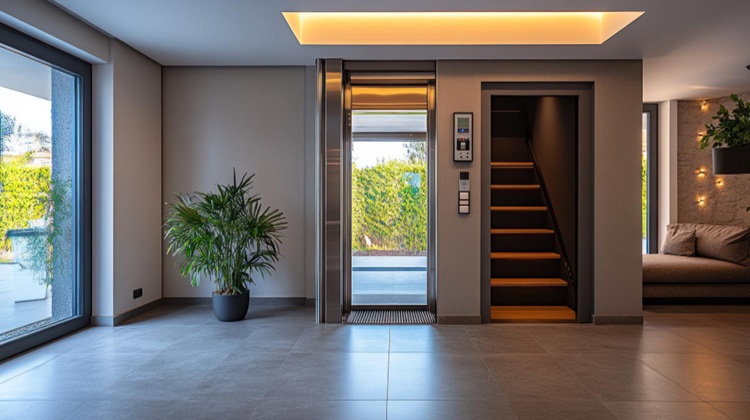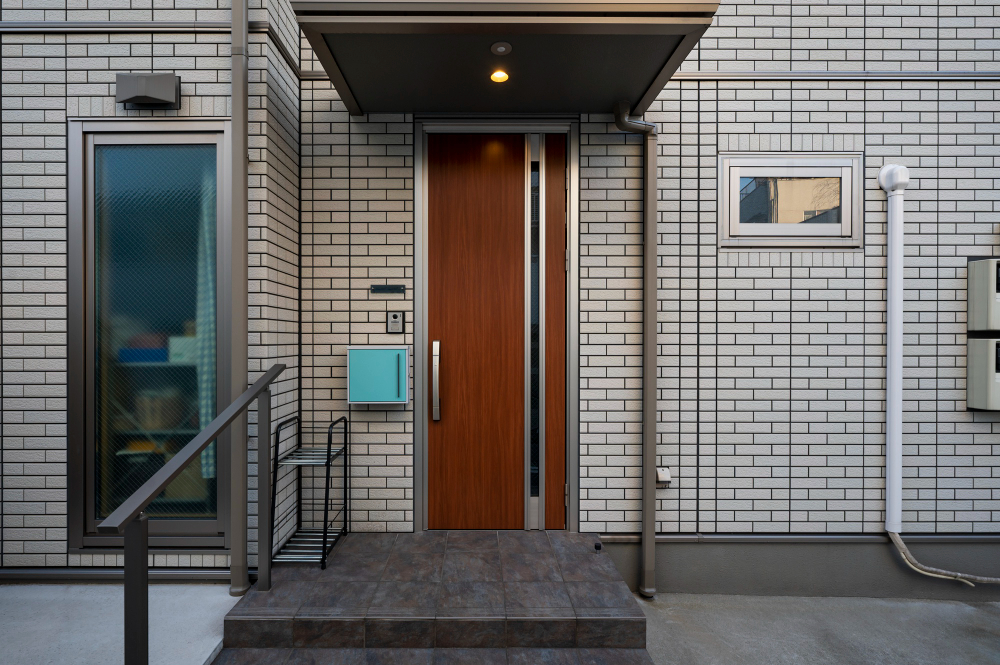How to Choose the Right Elevator for Your Residential Project
Post Date : Mar 13, 2025
Home design and makeover projects should consider adding residential elevators because they bring significant benefits to accessibility and convenience together with enhanced property value. People need to properly evaluate multiple elements before choosing residential elevators that suit their homes.
The following guide serves as an introduction to all aspects required for selecting the ideal residential elevator for your initiative.
-
Understanding the Need for a Residential Elevator
Your home installation of a residential elevator serves two essential purposes as both an amenity and a smart investment for an aging-proof property. These are the key reasons which homeowners select residential elevators for their homes.
Mobility and Accessibility: Ideal for elderly individuals or those with mobility issues.
Luxury and Comfort: Adds a premium feel to your home.
Increased Property Value: Boosts the resale value of your home.
-
Types of Residential Elevators
The selection process of a residential elevator becomes simpler when you grasp the various available alternatives. Every installation system involves specific mechanical operations that need particular installation procedures while requiring different amounts of available space.
-
Hydraulic Residential Elevators
Operate using a hydraulic piston.
Smooth and quiet ride.
Require a separate machine room.
Suitable for multi-story homes with enough space.
-
Traction Residential Elevators
Movement is via counterweights and cables.
Energy-efficient compared to hydraulic models.
It can be installed without a machine room.
Ideal for homes with limited space.
-
Pneumatic Vacuum Elevators
Work using air pressure.
Sleek, modern design.
Do not need a pit or machine room.
Best for smaller homes with limited installation space.
-
Machine Room-Less (MRL) Elevators
They do not need a separate machine room.
Compact and energy-efficient.
Suitable for both small and large residential projects.
3. Key Factors You Should Consider When Selecting Residential Elevator
-
Space and Installation Requirements
The first part essentially is how much available space you have in your home. Residential elevators for homes come with or without a separate machine room and pneumatic elevators can be installed in very small spaces.
If space is of concern, MRL or pneumatic elevators might be the answer.
A hydraulic elevator may be a better choice with sufficient space.
-
Weight Capacity and Number of People
Determine the people who will use the elevator frequently. Normal residential elevators are capable of taking 500 to 1,000 lbs of weight. You can get a higher capacity if you discuss with your elevator provider.
-
Safety Features
It goes without saying for the residential elevator installations of the house that safety is their priority. Look for:
Emergency stop buttons
Backup power in case of power failure
Auto door locks and interlocks
Alarm systems
-
Aesthetic and Design Preferences
Due to the fact that residential elevators are part of your home, the design of it needs to match the interiors of your home. Consider:
Cabin designs, modern look for glass or metal.
Wood-panelled cabins for a classic touch.
Customised lighting as well customised flooring to match home décor.
-
Energy Efficiency and Maintenance
The electrical specifications for hydraulic models are lower than MRL and traction elevators.
A pneumatic elevator is also an energy saving process as it depends on the pressure of air.
Find out about check maintenance requirements – some of these residential elevators for homes are not as simple to maintain as others.
4. Budget Considerations
The price to install residential elevators is contingent upon four major factors:
Type of elevator
Number of floors
Customisation and design preferences
Installation complexity
The price range for securing residential elevators for homes lies between ₹8,00,000 to ₹30,00,000 based on specific factors. Getting price quotes from at least two different companies should be the standard procedure for choosing any provider.
5. Choosing the Right Manufacturer and Installer
A reliable manufacturer ensures high-quality residential elevators that meet safety standards. Here’s how to find the right provider:
Check customer reviews and ratings.
Verify if they offer after-sales support and maintenance.
Ensure the elevator complies with safety regulations.
Compare warranties and service contracts.
6. Future-Proofing Your Residential Elevator
If you’re installing a residential elevator for long-term use, consider:
Choosing a model that accommodates future mobility needs.
Ensuring the elevator is easy to upgrade.
Opting for a reliable and energy-efficient model.
Conclusion
The purchase of a residential elevator both improves home accessibility and creates comfort along with enhanced property worth. The perfect residential elevators for your home become accessible when you understand various types along with space and budget limitations and choose a reliable manufacturer.
Your next step is to plan for elevator installation in your house. Your initial step should involve professional consultation to find suitable residential project alternatives.






